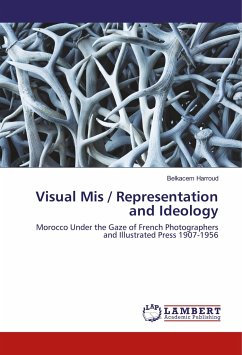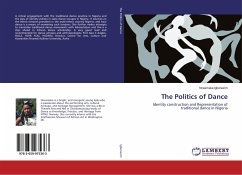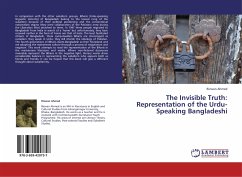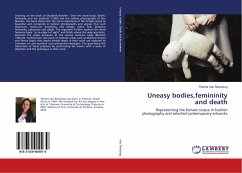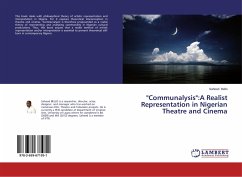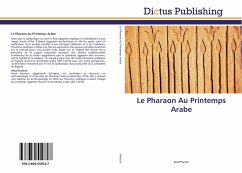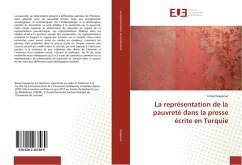
Representation Otherwise:
A Public Pedagogy Contesting Islamophobia through Popular Culture
Versandkostenfrei!
Versandfertig in 6-10 Tagen
45,99 €
inkl. MwSt.

PAYBACK Punkte
23 °P sammeln!
The book argues for popular culture as a public pedagogy by analyzing internet series, stand-up comedy and music videos created in the US to subvert stereotypes. Popular culture is a powerful force in generating stereotypes, including those involved in Islamophobia; and film and media have long defined Muslims (along with Arabs, who are often conflated with Muslims) in terms of religion, gender and race, for instance by portraying Muslim men as "terrorists", Muslim women as either helpless maidens or veiled and oppressed, and Islam altogether as a "problem". However, stereotyped groups also us...
The book argues for popular culture as a public pedagogy by analyzing internet series, stand-up comedy and music videos created in the US to subvert stereotypes. Popular culture is a powerful force in generating stereotypes, including those involved in Islamophobia; and film and media have long defined Muslims (along with Arabs, who are often conflated with Muslims) in terms of religion, gender and race, for instance by portraying Muslim men as "terrorists", Muslim women as either helpless maidens or veiled and oppressed, and Islam altogether as a "problem". However, stereotyped groups also use popular culture to speak for themselves. Popular culture is used to resist, contest, counter and subvert stereotypes. This potential is being realized by second-generation Muslims familiar with the platforms provided by Anglo-American popular culture. Their work has come into its own especially in the aftermath of 9/11, a time that saw both the intensification of stereotypes and heightening of Muslim-American consciousness.



